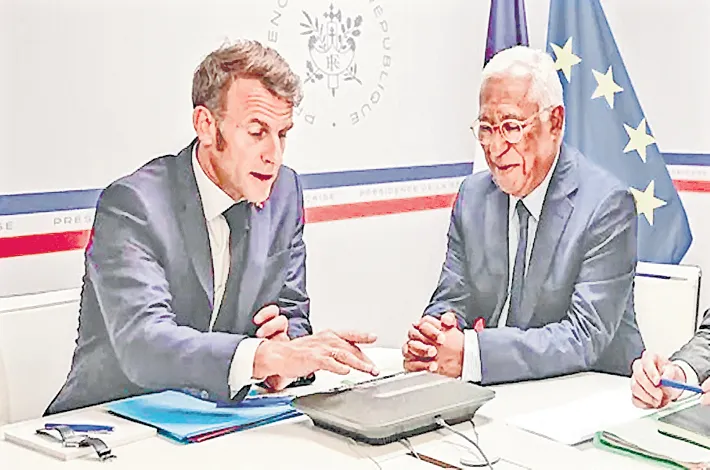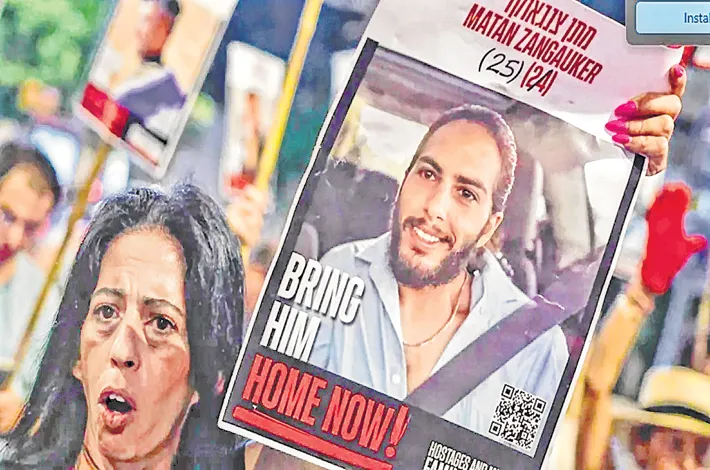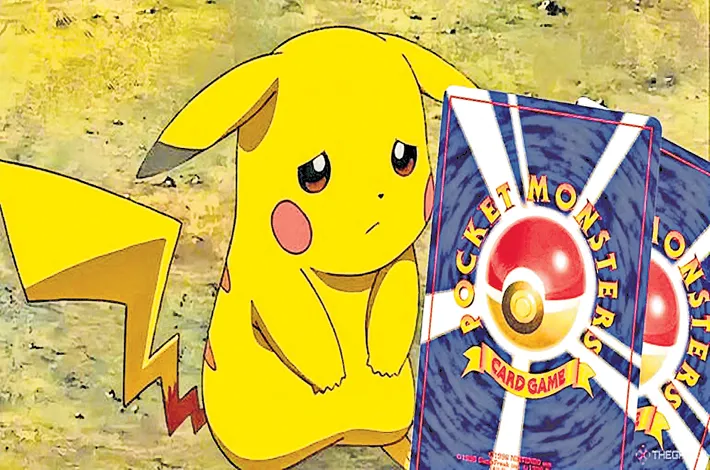Trump keen to seal truce at Alaska meet: Macron
14-08-2025 12:00:00 AM

From L: French President Emmanuel Macron, European Council President Antonio Costa, Ukrainian President and German Chancellor Friedrich Merz during a video-conference on Wednesday
AP Berlin
US President Donald Trump was “very clear” in a meeting on Wednesday with European leaders the US wants to achieve a ceasefire at the summit with Russia’s Vladimir Putin in Alaska, French President Emmanuel Macron said.
After the virtual meeting between Trump, Ukrainian President Volodymyr Zelenskyy and European leaders, Macron said Trump was prioritising a ceasefire between Ukraine and Russia.
He added Trump had been clear “territorial issues relating to Ukraine will only be negotiated by the Ukrainian president.” Following his meeting on Friday with the Russian leader, Trump will also “seek a future trilateral meeting” — one involving Trump, Putin and Zelenskyy, Macron said. “I think that’s a very important point in this regard. And we hope it can be held in Europe, in a neutral country that is acceptable to all parties,” Macron said.
German Chancellor Friedrich Merz described the meeting with Zelenskyy and Trump as “constructive”. Speaking alongside Zelenskyy, Merz said after the video-conference that “important decisions” could be made in Anchorage, but emphasised “fundamental European and Ukrainian security interests must be protected”.
Merz convened the virtual meetings to ensure EU and Ukraine’s leaders are heard ahead of the summit, where Trump and Putin are expected to discuss a path towards ending Moscow’s war in Ukraine. Zelenskyy and the EU ropeans have been sidelined from that summit. German govt spokesperson Steffen Meyer said the intention of meets was to “make clear the position of the Europeans.”
Zelenskyy said he told EU leaders and Trump, Putin “is bluffing”. “Putin is trying to pressure all sectors of the Ukrainian front” to show Russia is “capable of occupying all of Ukraine.” Putin is bluffing about sanctions, “as if they do not matter to him and are ineffective. In fact, sanctions are helpful and are hitting Russia’s war economy hard.”








